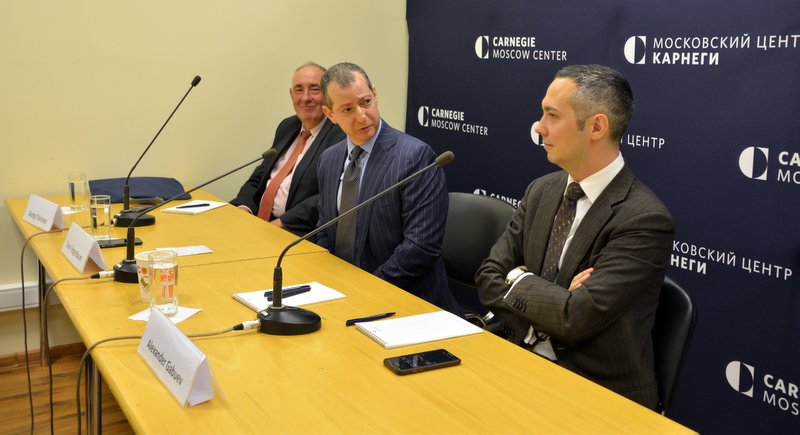Registration
You will receive an email confirming your registration.
Following the summit in Panmunjom between the leaders of the DPRK and the ROK, expectations of diplomacy prevailing on the Korean Peninsula run high, and the world is waiting for the upcoming meeting between Kim Jong-un and Donald Trump. However, progress on the Korean Peninsula depends not only on the outcome of talks between North Korean and U.S. leaders; it also requires cooperation between all major powers involved, and particularly the permanent members of the UN Security Council, the United States, China, and Russia.
- What can we expect from Kim Jong-un’s meeting with Donald Trump?
- How will the growing tensions between China and the United States affect cooperation and competition between these two powers with regard to the Korean Peninsula?
- How does Russia view current developments on the peninsula, and what will Moscow do to become more relevant?
These and other questions were discussed by a panel of distinguished experts from Russia and the United States.
Speakers
Evan A. Feigenbaum is a nonresident senior fellow in the Asia Program at the Carnegie Endowment for International Peace.
Georgy Toloraya is the executive director of the Russian National Committee on BRICS research and the East Asia section director at the Institute of Economics of the Russian Academy of Sciences.
Moderator
Alexander Gabuev is a senior fellow and the chair of the Russia in the Asia-Pacific Program at the Carnegie Moscow Center.
